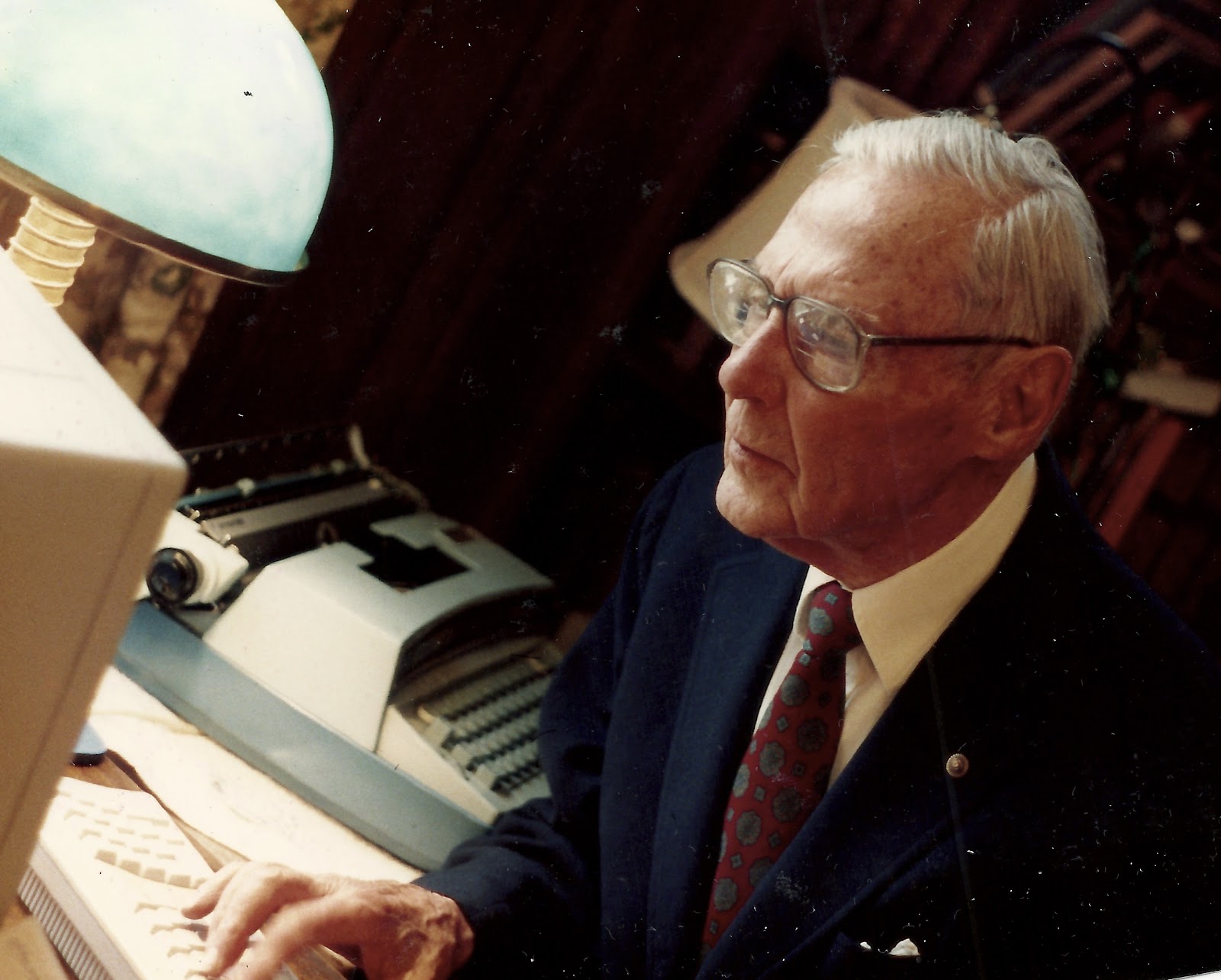"Those were the days, my friend,
We thought they'd never end..."
From the 1960s song by Gene Raskin
"We'd sing and dance forever and a day." That's what I thought, too.
That song was little ahead of its time. When it was written, we were still killing Kennedys and Viet Cong. But by the 1980s, after we had whipped Nixon (who's looking not so bad these days) and inflation, we eased into in a golden era. Even our current gilder-in-chief is probably at least a little nostalgic for his virile marble casino days as he struggles to raise his latest erection (of course I mean his ballroom).
I know about cycles. By most reckonings, everything is cyclical. But over the long-term, the trend has been up, with almost everything getting better, certainly here in the United States.
So, are we just in a bad temporary cycle? Like when there were long lines in the 1970s to get gas, if you could even afford it, or a few years later, when mortgage rates were in double digits? As then, will serious people like Paul Volcker come to our rescue? Even Ronald Reagan is looking pretty good from the now free side of the Berlin Wall.
The way we got through the civil rights era, the oil shock, the cold war is we were steady and determined. Many (perhaps most) Southerners didn't want civil rights for blacks, but we kept up the pressure until they came around. We hated the medicine Volcker gave us to break the fever of inflation, but it cured us. "Mr. Gorbachov, tear down this wall," president Reagan famously said, while upping the ante on an arms race that beggared the Soviet Union and forced them to change their ways, at least for a while.
We have some of the same problems today as then, and some new ones, but there is nothing steady about the way we are dealing with them. There are several reasons for that (many having to do with the volatile nature of our current leadership) but the root cause is that there is no consensus on what ails us. We are a nation of people half of whom are colorblind trying to discuss the artistic merit of Mark Rothko's art. Is it shades of red, or shades of gray?
To manage our affairs properly, we have to see reality accurately. We cannot even discuss it if we do not. And lately we do not.
What has made some of us colorblind? (Although I'm sure my biases are obvious, I note that I am not here assigning this disability to any particular viewpoint, just noting that, metaphorically, it exists in enough of us to swing elections. Take your pick which political camp you believe needs to go in for a vision check.)
We are by nature clannish. In uncertain times, we look to our peeps. Family, friends, neighbors. What's going on in some other wacky part of the country or world doesn't carry as much emotional weight. The views of those around who we care about confirm our own.
But like weeds on rocky ground, change does take root in even the most insular communities. We all know stories about how people's attitudes toward others with different views have changed when they get to know them. A child who comes out as gay, a nanny who is in the country illegally. We love those people, and our love softens our reaction to things about them that in the abstract we don't like but in the flesh we see as part of a greater whole that we do like.
Right now, we are suffering from too much abstraction. Too much identity vilification. Too little humanization. Too little empathy. We hated immigrants, in the abstract, so we elected someone who swore to get rid of them all. Now that that is happening with a vengeance, it's touching lives personally, not abstractly.
We have to do two things to get back to talking about whether an all red square is art. First, we have to understand what it is we are seeing. And, second, it has to matter to us.
Eventually, government action, especially when it veers suddenly from predictable and boring to jarring and unsettling, hits home hard enough, affecting those we know and care about, to change attitudes, and votes. What we have to worry about is how much damage will be done before it does.
A brilliant friend whom I have admired for over half a century said to me a few days ago that he expects the country will mostly recover, but it will never be the same.
I hope he's wrong about that last part. I hope we will not only recover but reach a new level of mutual acceptance and cooperation. I do know this, though. We are in dangerous territory right now. We need to be careful.









